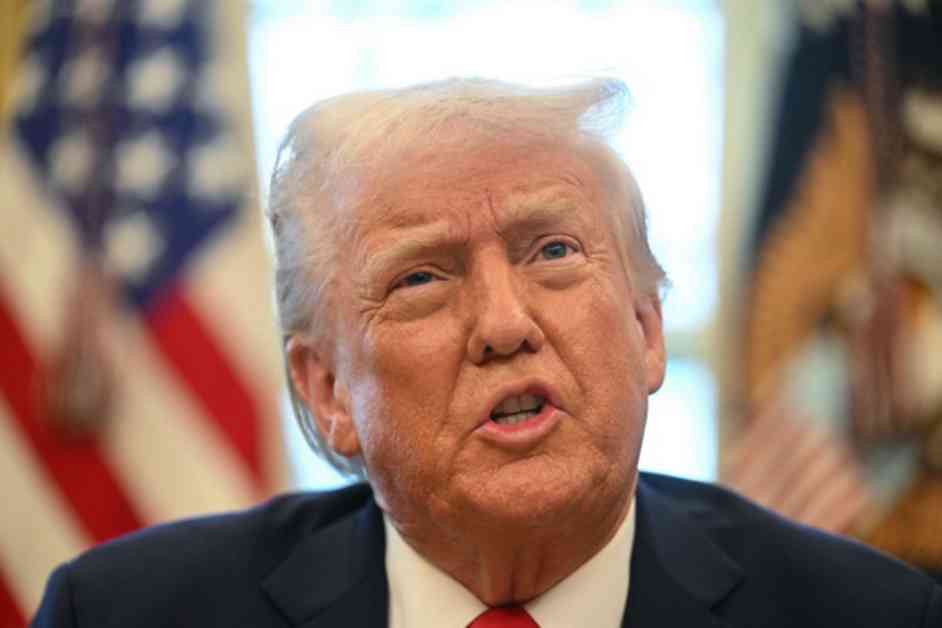In a world fraught with geopolitical tensions and power plays, the White House is faced with the daunting task of navigating the treacherous waters of global diplomacy. The recent upheavals and conflicts in various regions have only added to the complexity of the situation, leaving policymakers and strategists grappling with the best course of action. The key players in this high-stakes game must tread carefully, lest they inadvertently trigger a catastrophic chain of events that could forever alter the course of history.
As the dust settles from recent clashes and power struggles, the need for a clear, coherent strategy to address the myriad challenges facing the United States becomes increasingly urgent. The recent departure of key figures like Rex Tillerson has left a void that must be filled with individuals who possess the skill, foresight, and diplomacy necessary to navigate the turbulent waters of global politics.
Strategies for Success: Learning from the Past
One of the most critical lessons to be gleaned from recent events is the importance of effective leadership and communication. The abrupt exit of Rex Tillerson, who famously clashed with President Trump, serves as a cautionary tale for those who seek to engage with the unconventional genius that currently occupies the Oval Office. In contrast, the seamless transition to Mike Pompeo as Secretary of State underscored the value of aligning oneself with the President’s worldview and priorities.
In the realm of foreign policy, personal rapport and genuine engagement can often yield more significant results than rigid adherence to protocol or ideology. The ability to connect with world leaders on a personal level, to understand their motivations and aspirations, can be a potent tool in the diplomatic toolbox. As the White House seeks to navigate the complex web of international relations, it must be willing to adapt, to listen, and to engage in meaningful dialogue with its counterparts.
The Road Ahead: Navigating Uncertain Terrain
As the United States grapples with the challenges posed by China, Russia, and Iran, it must be prepared to confront the shifting dynamics of global power. The recent conflicts in Ukraine and the Middle East have highlighted the fragility of the international order and the need for a coordinated, strategic response. The rise of authoritarian regimes and the erosion of democratic norms pose a direct threat to the values and principles that underpin the Free World.
In the face of mounting pressure and aggression from adversarial powers, the United States must stand firm in defense of its allies and partners. The recent battles in Hostomel and the Dnipro serve as a stark reminder of the sacrifices that must be made to preserve freedom and democracy. As President Trump considers his next move, he must weigh the costs and benefits of intervention, recognizing that the fate of nations hangs in the balance.
Charting a Course for Victory: A Call to Action
The path to victory in World War IV lies not in military might or brute force, but in the power of diplomacy, dialogue, and engagement. The lessons of history remind us that true leadership is not about domination or conquest, but about cooperation and collaboration. As President Trump contemplates his place in the annals of history, he must consider the legacy he wishes to leave behind.
The road ahead may be fraught with challenges and obstacles, but it is also filled with opportunities for greatness and achievement. The fate of nations, the future of the Free World, and the very course of history itself hang in the balance. As the White House ‘grown-ups’ grapple with the complexities of the modern world, they must remember that the decisions they make today will reverberate for generations to come. Only by embracing the spirit of cooperation, understanding, and empathy can they hope to navigate the turbulent waters of global politics and emerge victorious.

















